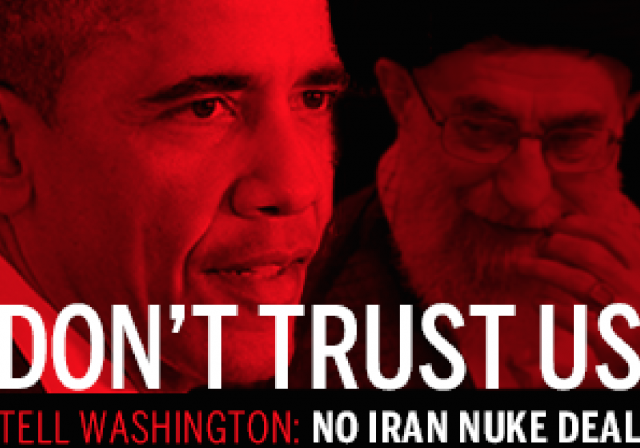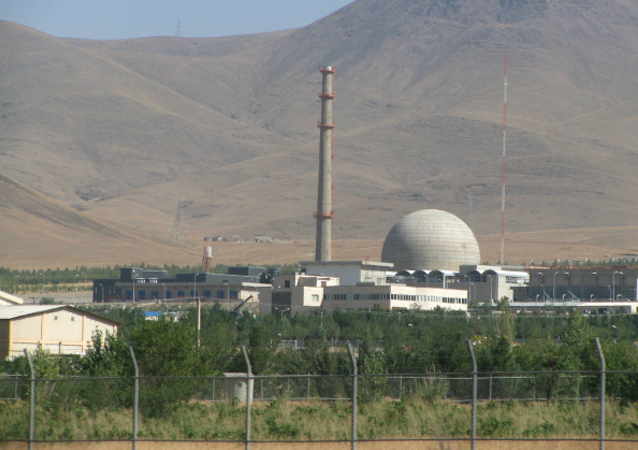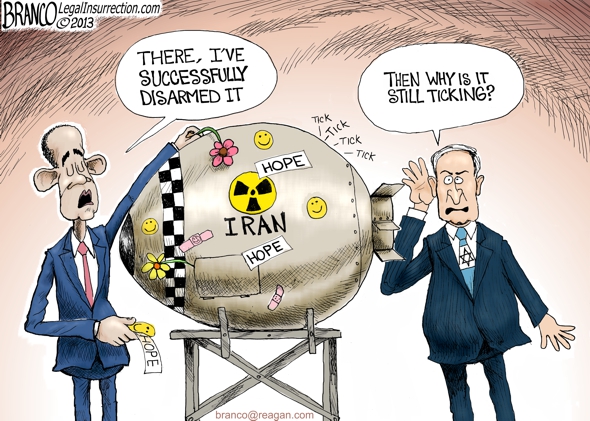If you were looking for a monument to supreme egotism, you would have to go far to beat Obama's statement in
this interview with
The Atlantic's Jeffrey Goldberg:
“Look, 20 years from now, I’m still going to be around, God willing. If Iran has a nuclear weapon, it’s my name on this,” he said, referring to the apparently almost-finished nuclear agreement between Iran and a group of world powers led by the United States. “I think it’s fair to say that in addition to our profound national-security interests, I have a personal interest in locking this down.”
I rack my brain to think of another president in our history---or another statesman or even another prominent politician---who would think to say "trust me, because my ego is riding on this." What on earth does ego have to do with judgment?
In the calculus of what are the most important considerations about any Iran deal, the most important would be "our profound national-security interests" and those of the entire world. That's what's riding on it, that's the reason to "lock it down" (odd phrase for negotiations). The state of Obama's personal reputation ought to be so low on the list of things to think about that it shouldn't even be on
his radar screen at this point, much less ours.
Obama says he's got a special personal interest in "locking this down." But an agreement on nuclear weapons with Iran is not merely a question of applying oneself. Obama may think there's no limits to his powers, but sizing up Iran and negotiating with a country which is essentially an aggressive, repressive, fanatical enemy isn't just a matter of trying hard enough and thinking you're the smartest guy in the room. Even if it were true that Obama wanted and even
needed to negotiate a good deal for the US in order to protect his precious reputation, that doesn't mean he has a clue how to get there from here, or that it's even
possible to do so.










